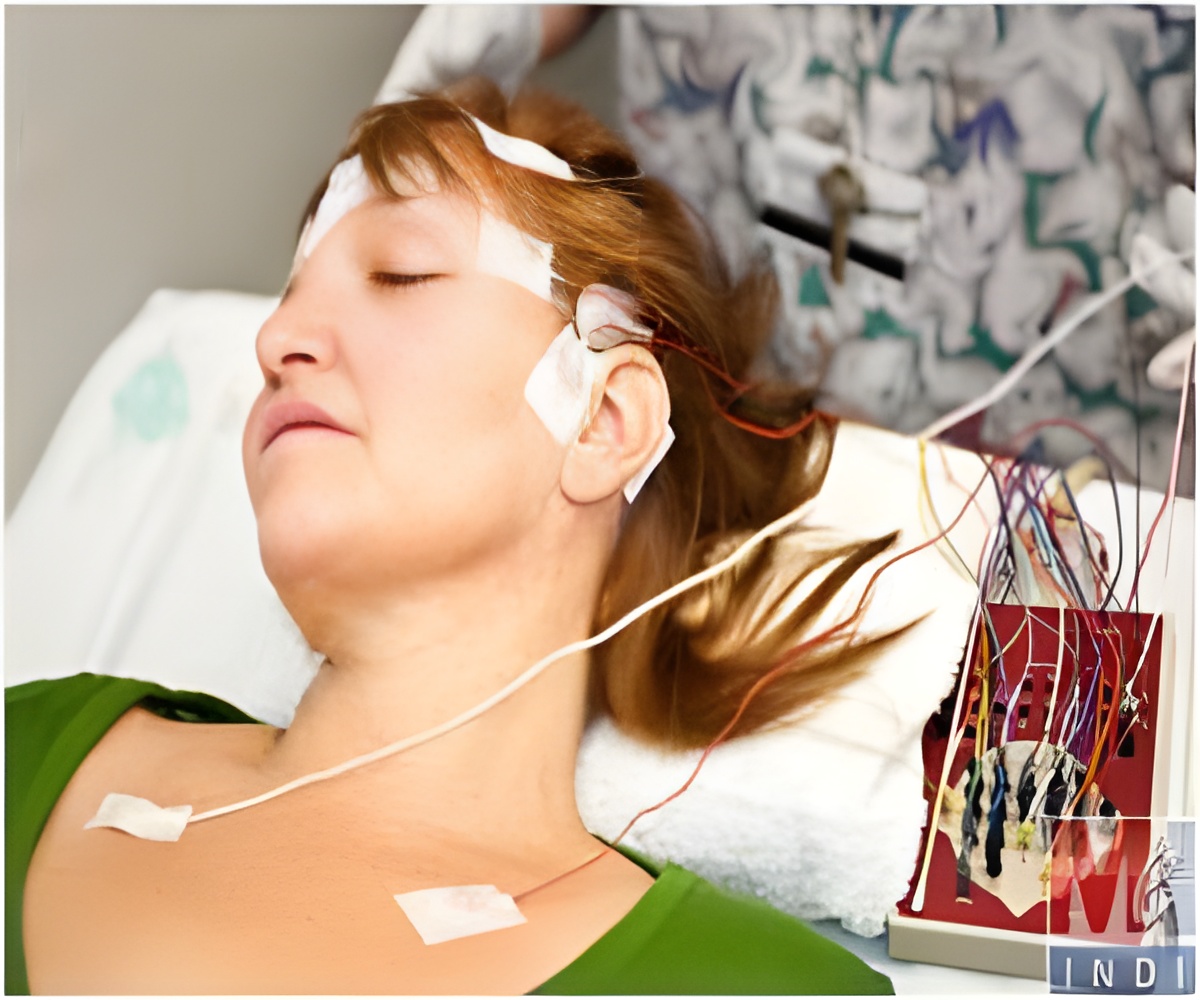Brain has an extraordinary capacity to self-repair from damage, reveals results from new studies.

Stroke is the number one cause of long-term disability and the third leading cause of death in the developed world. Limiting the damage caused by stroke would improve patient prognosis.
An animal study found that sensory stimulation protects against stroke damage if administered within the first two hours of stroke onset, whether animals were awake or anaesthetized.
Another study suggested that auditory stimulation delivered soon after a stroke protects from damage.
Scientists also identified a cellular mechanism that blood vessels use to clear their own clots.
"The brain is remarkably robust," said Mark Paul Goldberg, MD, a neurologist at the University of Texas Southwestern Medical Center and an expert in brain injury.
Advertisement
The findings were presented at Neuroscience 2011, the Society for Neuroscience's annual meeting.
Advertisement













